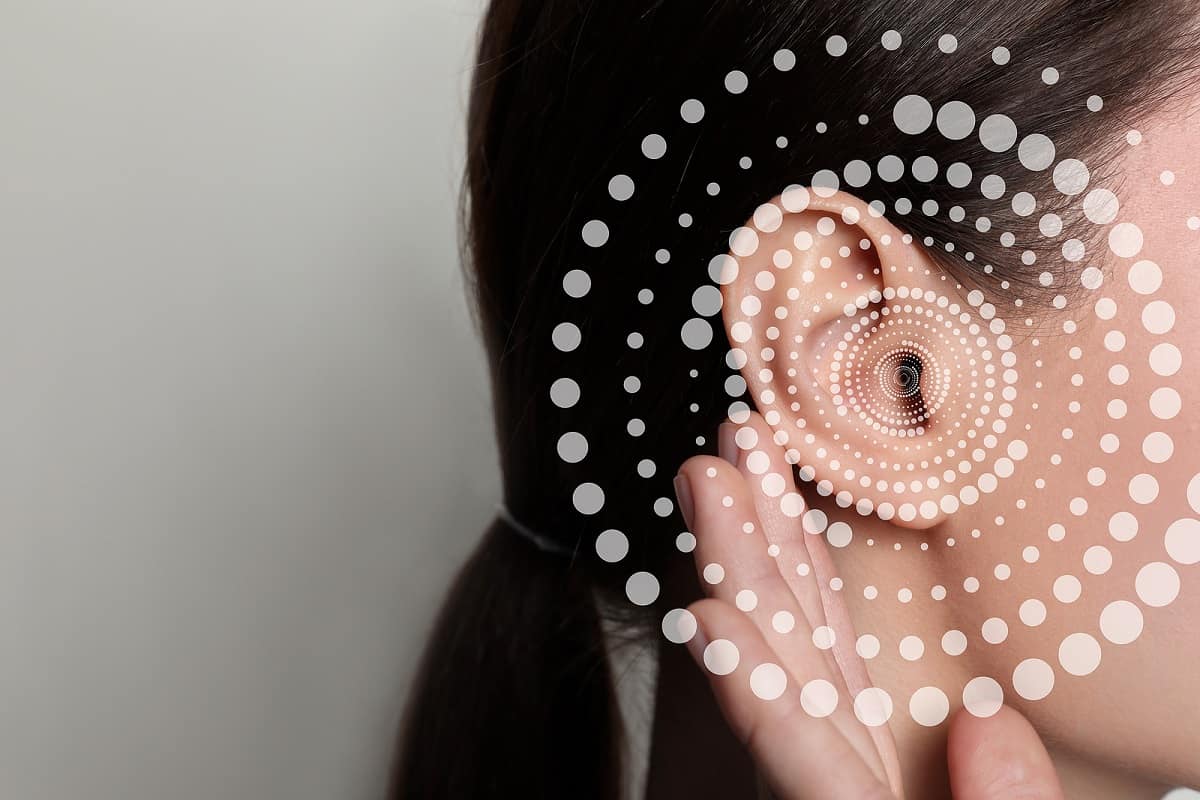What Exactly is Tinnitus?
Tinnitus is the relentless impression that you are hearing a sound that is not really there in your environment. Strange as it may seem, nearly one in six Americans live with it. That’s 50 million people.
Most frequently people describe this sound as “ringing in your ears” but descriptions range from whistling, roaring, hissing, buzzing, chirping, and whooshing and all of these are symptoms of the same condition. Tinnitus may come on for a myriad of reasons, but it is always a result of damage to the auditory system.
A doctor will usually require no more than someone’s report of the symptoms to diagnose tinnitus. There is no further investigation necessary to prove it. But appropriate and effective treatment will necessitate the doctor explore further to identify the underlying condition that is causing the tinnitus. This means examining much more than just your ears. For example, an injury in your neck muscles will cause you to hear non-stop clicking. And high blood pressure will cause you to hear humming.
There is no cure yet for tinnitus itself, though researchers are eager to stress that advances are being made every day. But until that time comes, treating tinnitus means treating the underlying cause of your specific case. For example, if you are hearing clicking, they will look first at your neck muscles. If you are hearing humming, that is likely a sign to look at your blood pressure. Nothing else will cut off your mind’s impression of the incessant sound.
Obviously, it takes no great stretch of the imagination to see how this very often leads to anxiety and depression.
Tinnitus and Its Compounded Burdens
The burdens of living with tinnitus are apparent with even just a moment’s consideration. Your most intimate relationships and your ability to smoothly navigate the most passing interactions with strangers are both harmed greatly by any hearing trouble. Hearing troubles of any variety literally challenge one of your most basic and common forms of communication. How could such stress lead to anything but feelings of isolation?
In the case of your closest relationships, the very building blocks of the connection are cut off. The timing of jokes are made awkward. The nuances of private insights are made difficult to share. This newly emerging difficulty causes fatigue. Trust evaporates.
Who wouldn’t simply withdraw when doing so has become a simple matter of sustaining your energy? It is not a choice, just instinct for someone with tinnitus to withdraw socially. The habit of such withdrawal will likely emerge from so many tiny decisions, each made so unconsciously, that the change in habits will be difficult to even recognize.
But even more gravely, it is in solitude and silence when the true impact of tinnitus will be felt most. The burdens will compound and accelerate. And that is when social isolation transforms into depression and hopelessness. This sense of powerlessness creates feelings of frustration, which create feelings of anxiety. And anxiety creates a feedback loop, inspiring greater social withdrawal. Cognitive decline, confusion and panic all become more likely, which then become motivation for impulsive and erratic action to regain any sense of control.
Higher medical expenses and decreased power in the workplace exacerbate the situation. And the incontrovertible power of neural science goes haywire. The rogue signals of these phantom sounds actually rewire your neural pathways, forcing your brain to work overtime to simply orient yourself, increasing both disorientation and fatigue.
Suffering is Not Inevitable
But suffering is not inevitable. If you suffer from tinnitus, take a moment to ponder your situation with a clear head. You must prioritize your changing needs with intentionality. Every dimension of your well-being depends on it. Admit to yourself that your condition is real. Do not minimize it. Accept that it is worth investing all the time and energy required to address it.
Find a trained specialist to guide you through the combination of treatments unique to your specific needs. This will reduce your suffering immediately and significantly. Whether it is an underlying condition or noise-induced hearing loss that caused the onset of your tinnitus, an array of options is available to immediately help alleviate the emotional, mental, and psychological stresses that you are feeling.
Hearing aids, masking devices, white noise machines, behavioral treatments and therapy are all simple solutions. Look into The American Tinnitus Association (ATA), the country’s largest non-profit resource on tinnitus, to connect with others. And make an appointment with a trained professional today.

